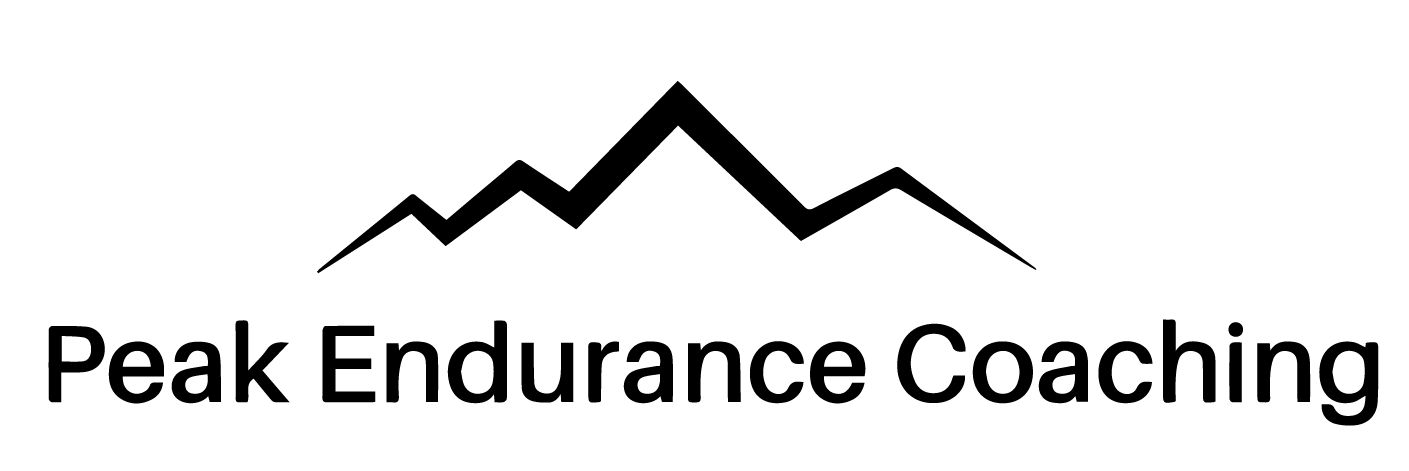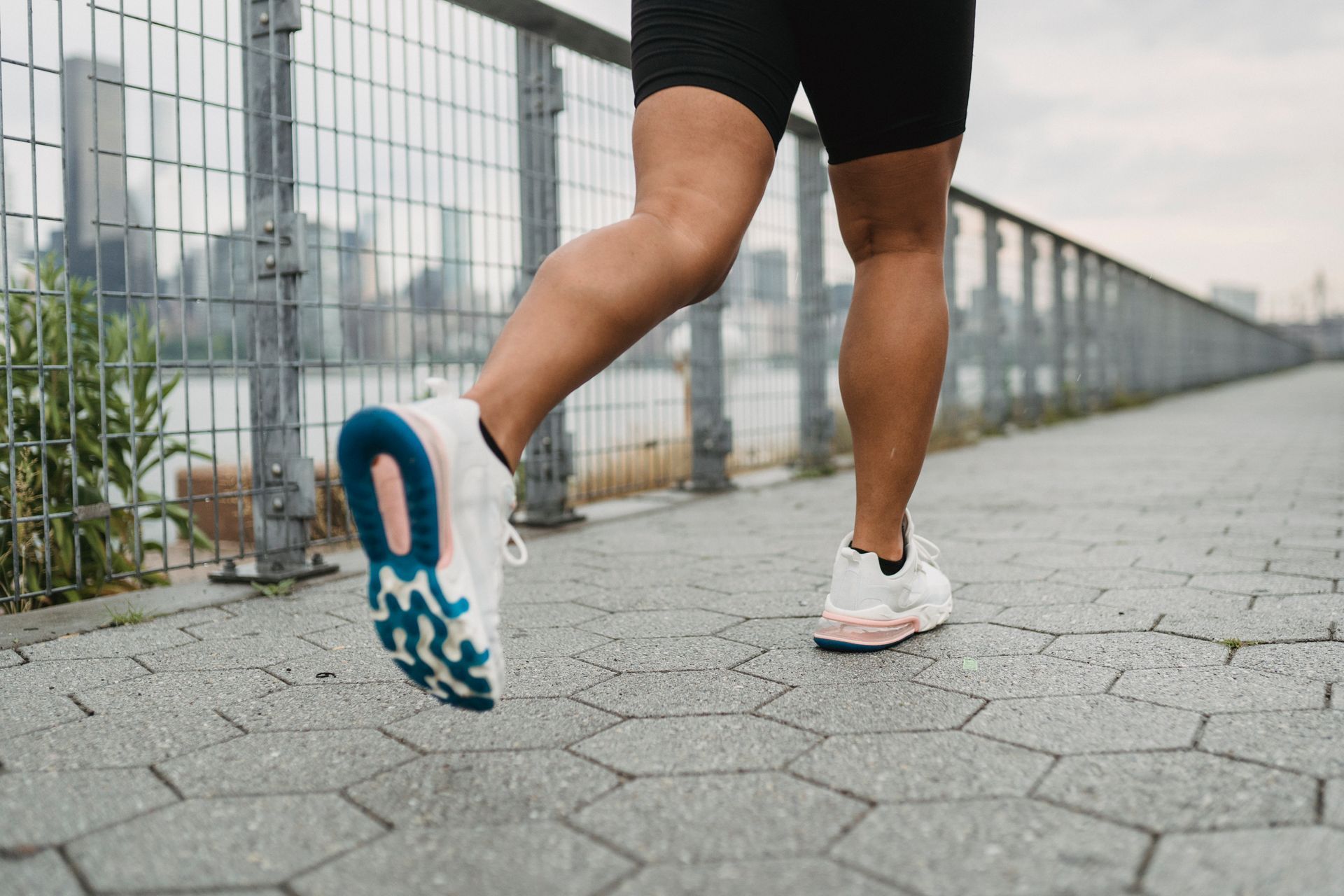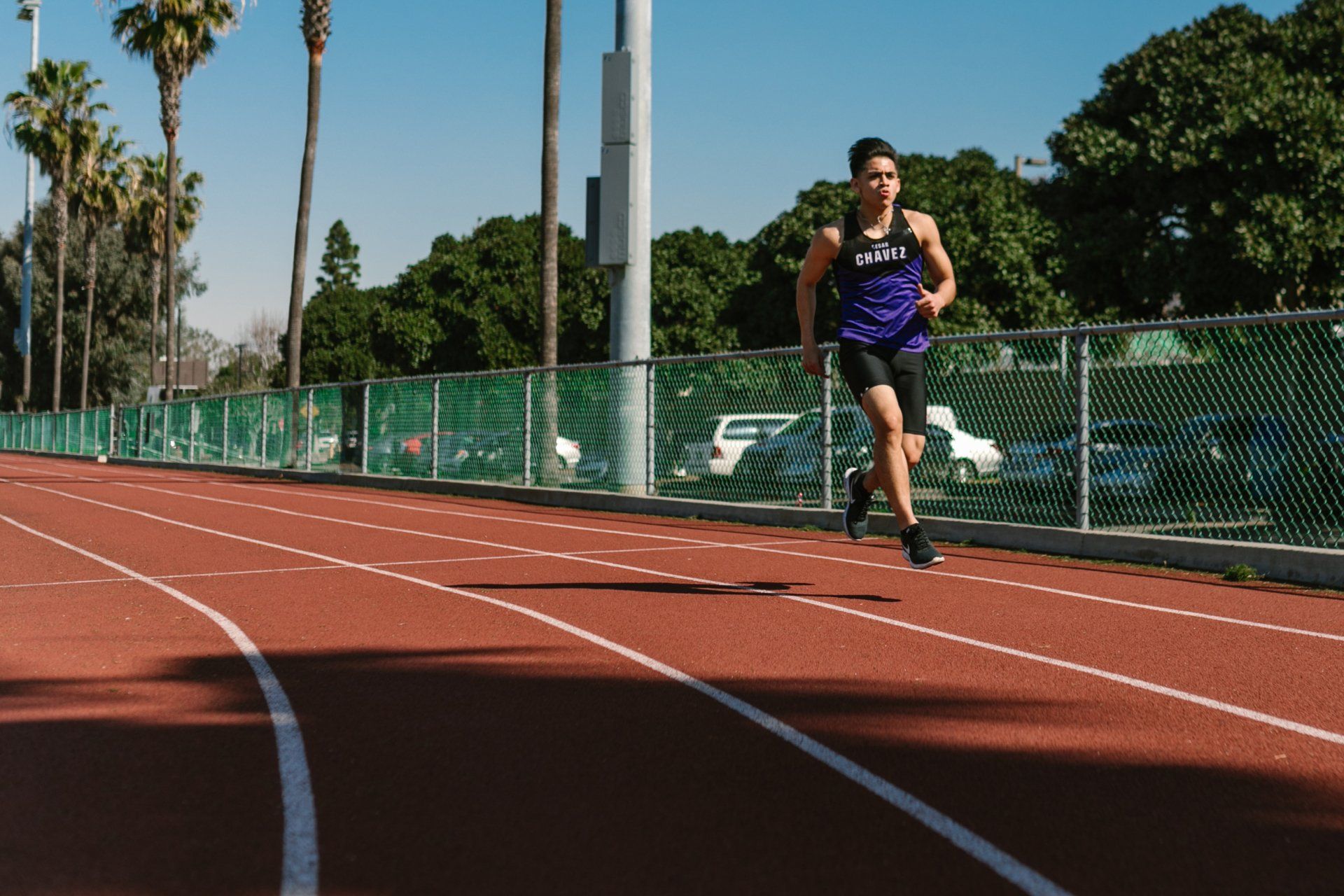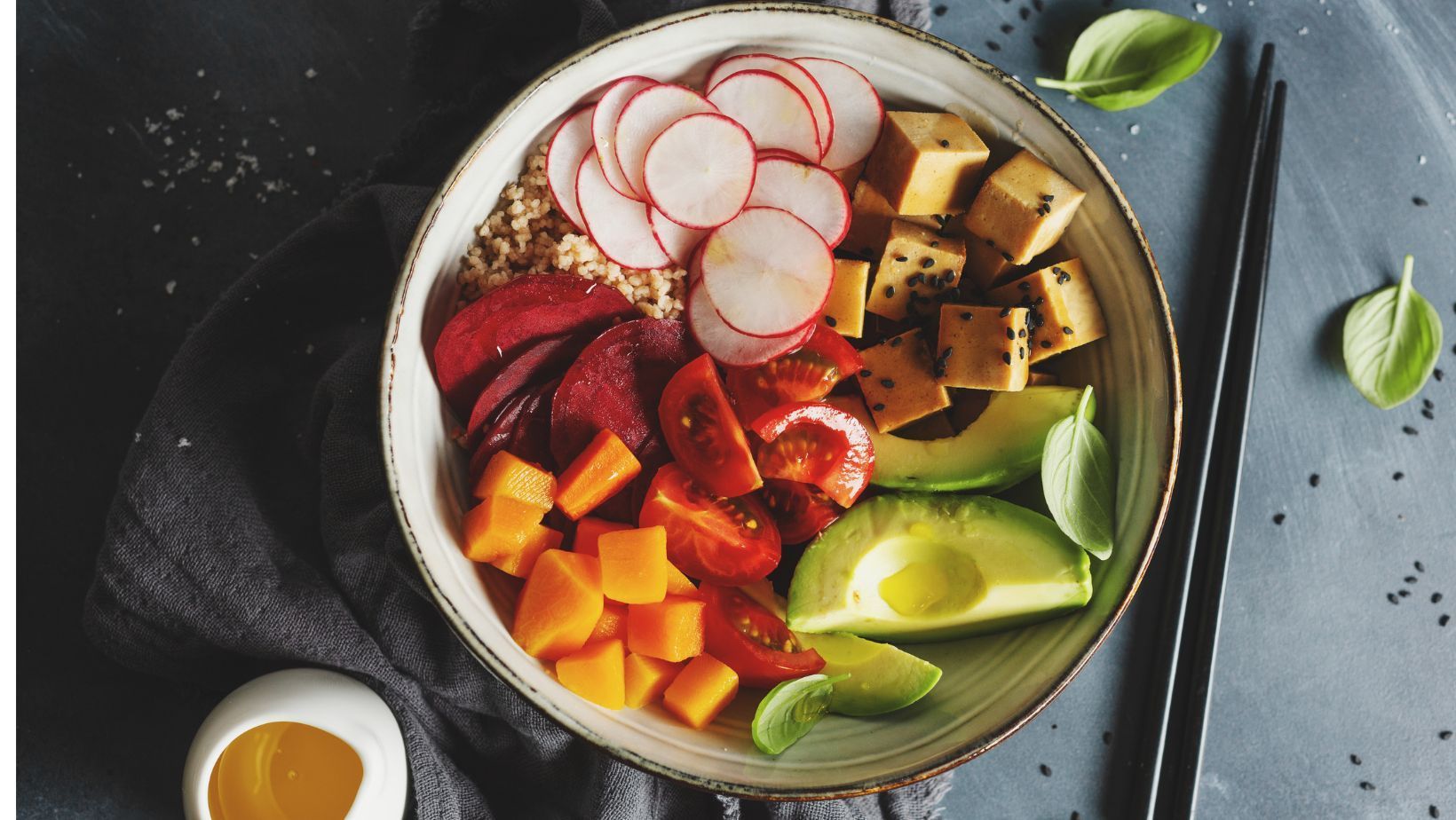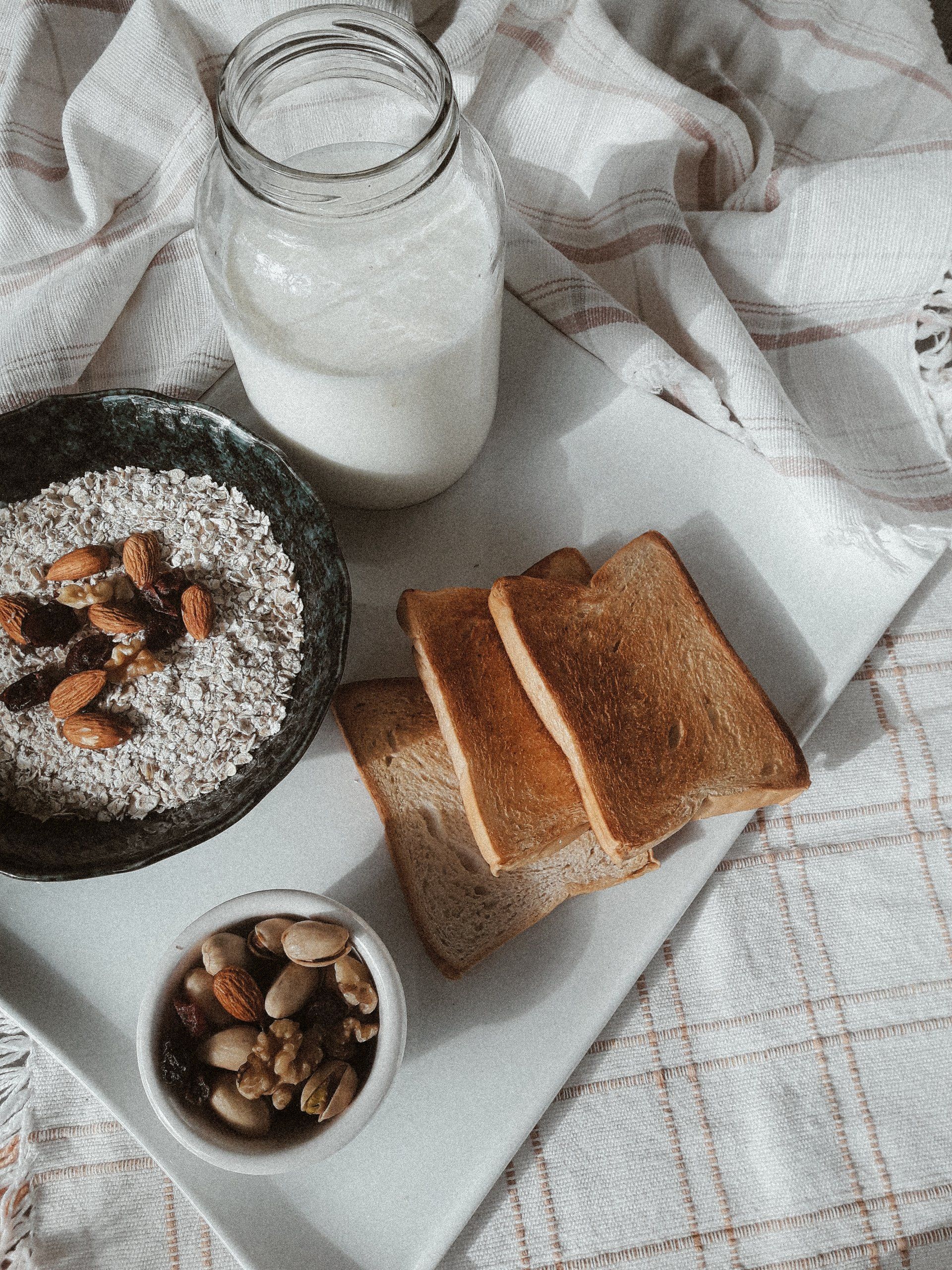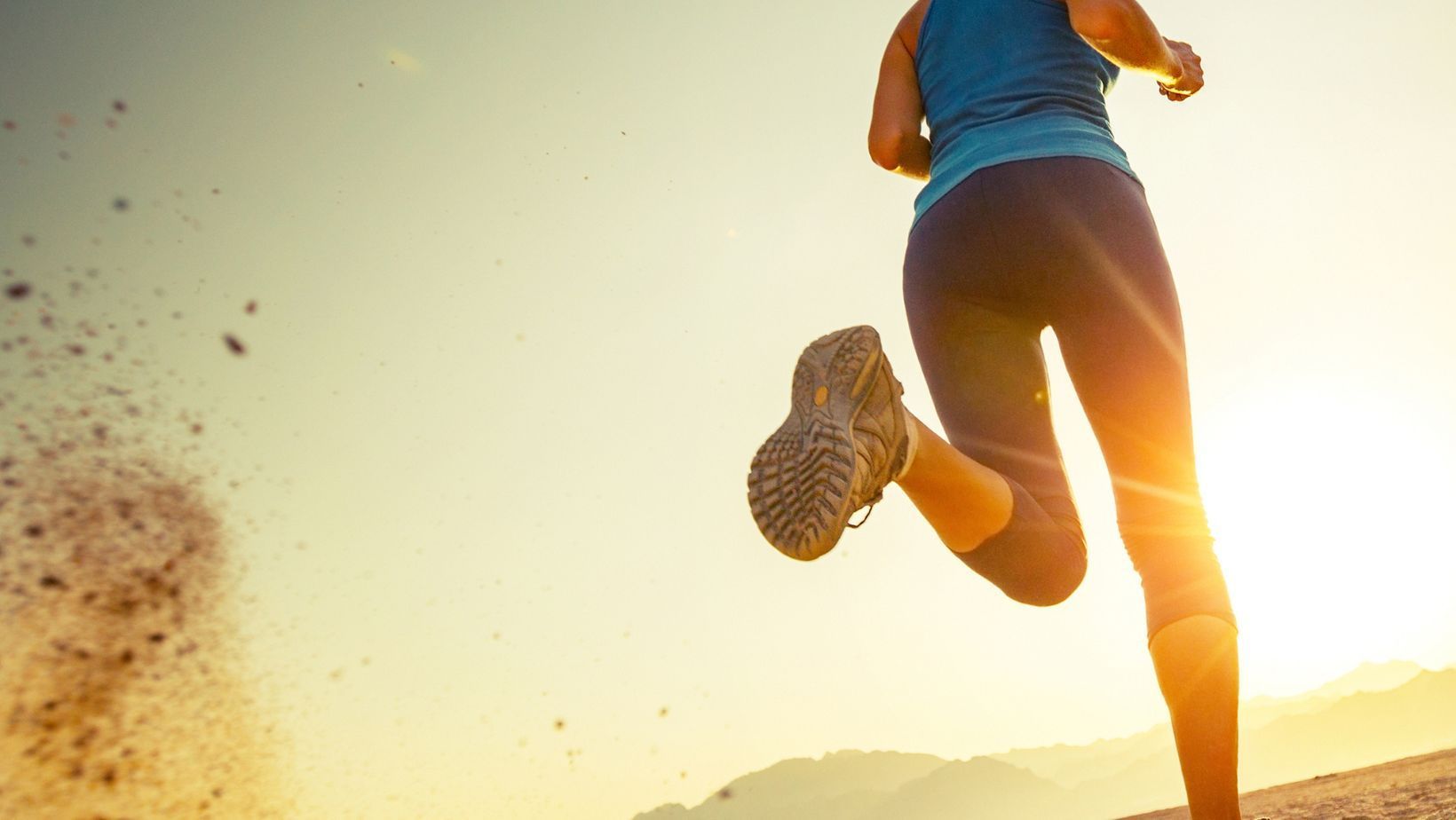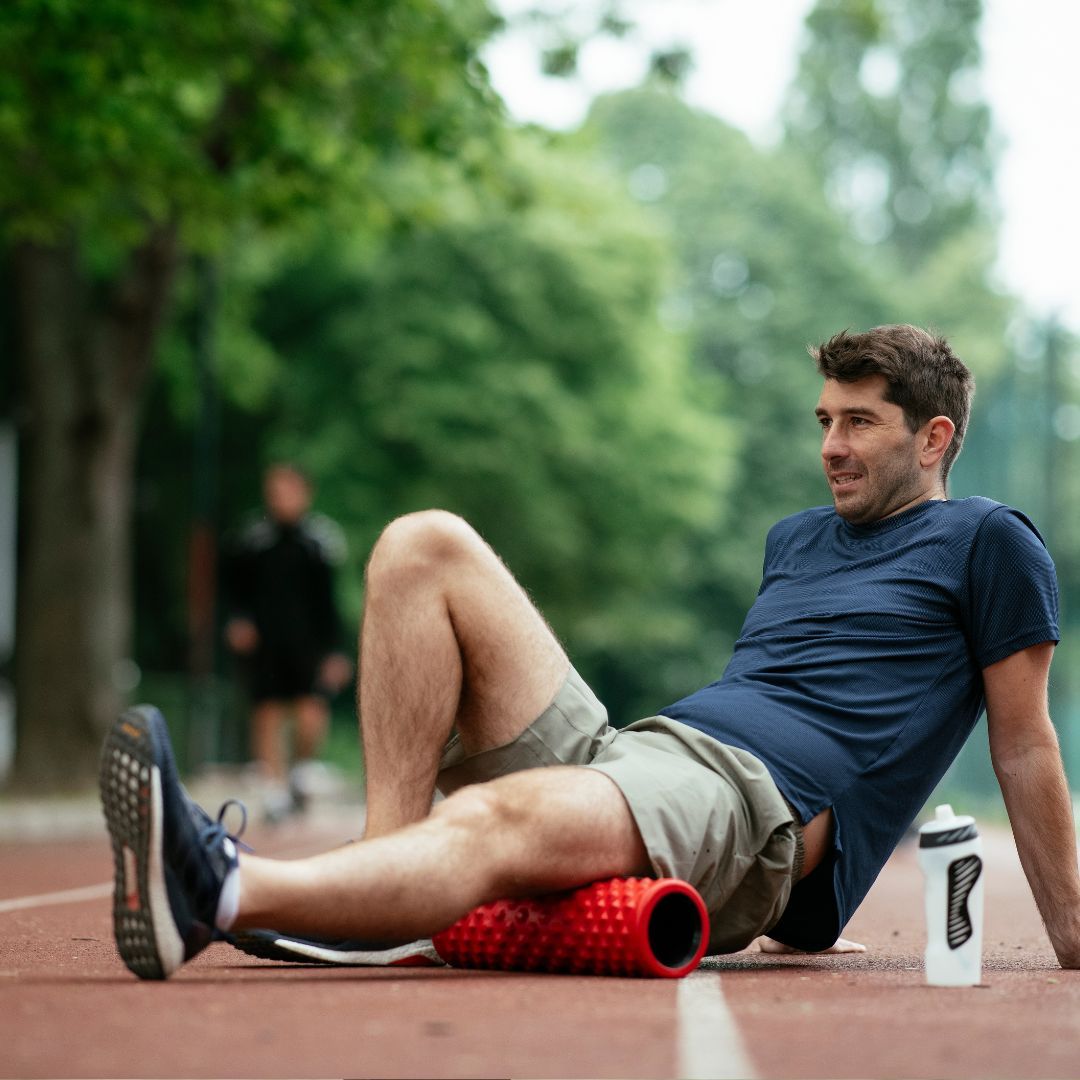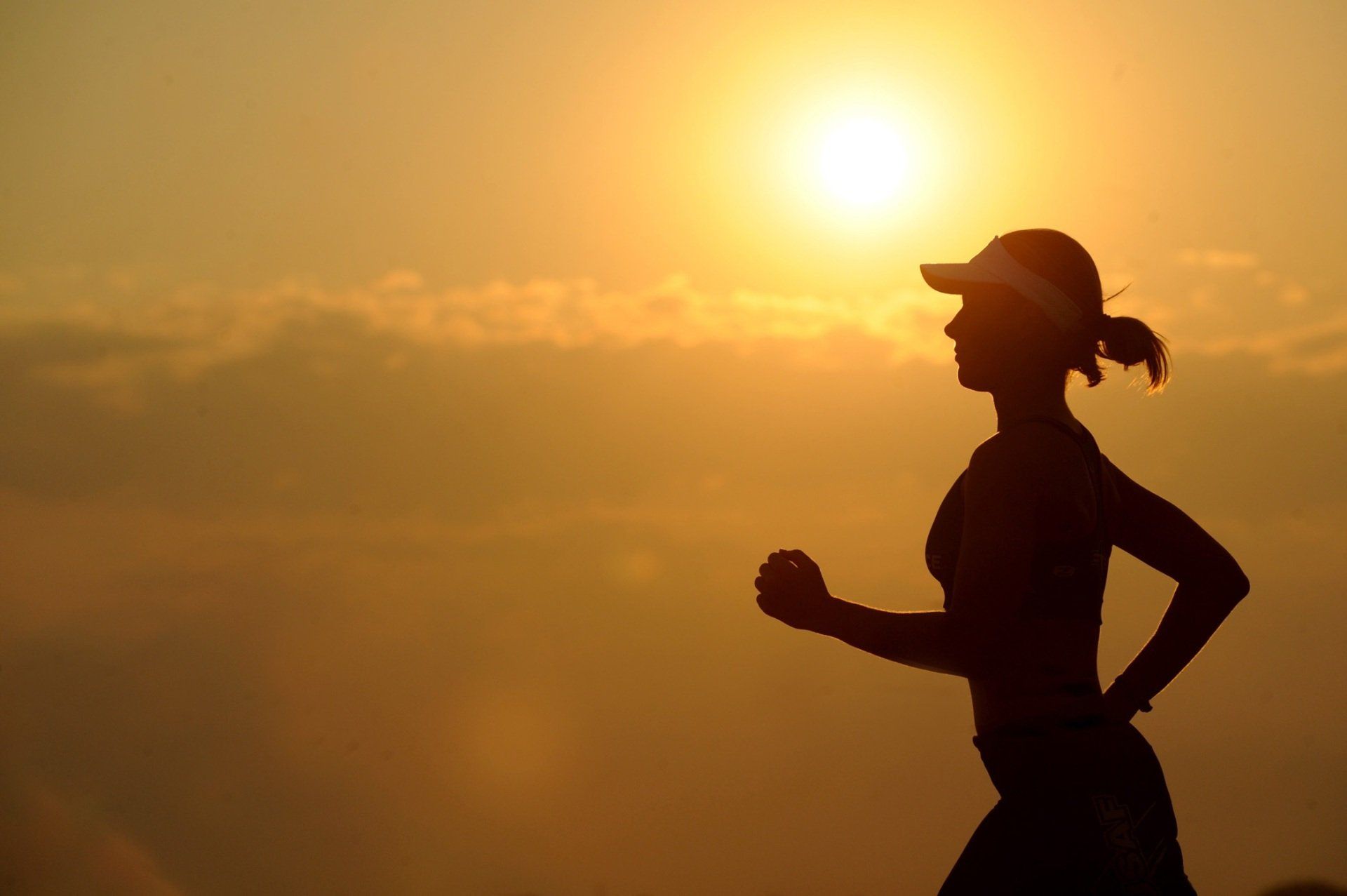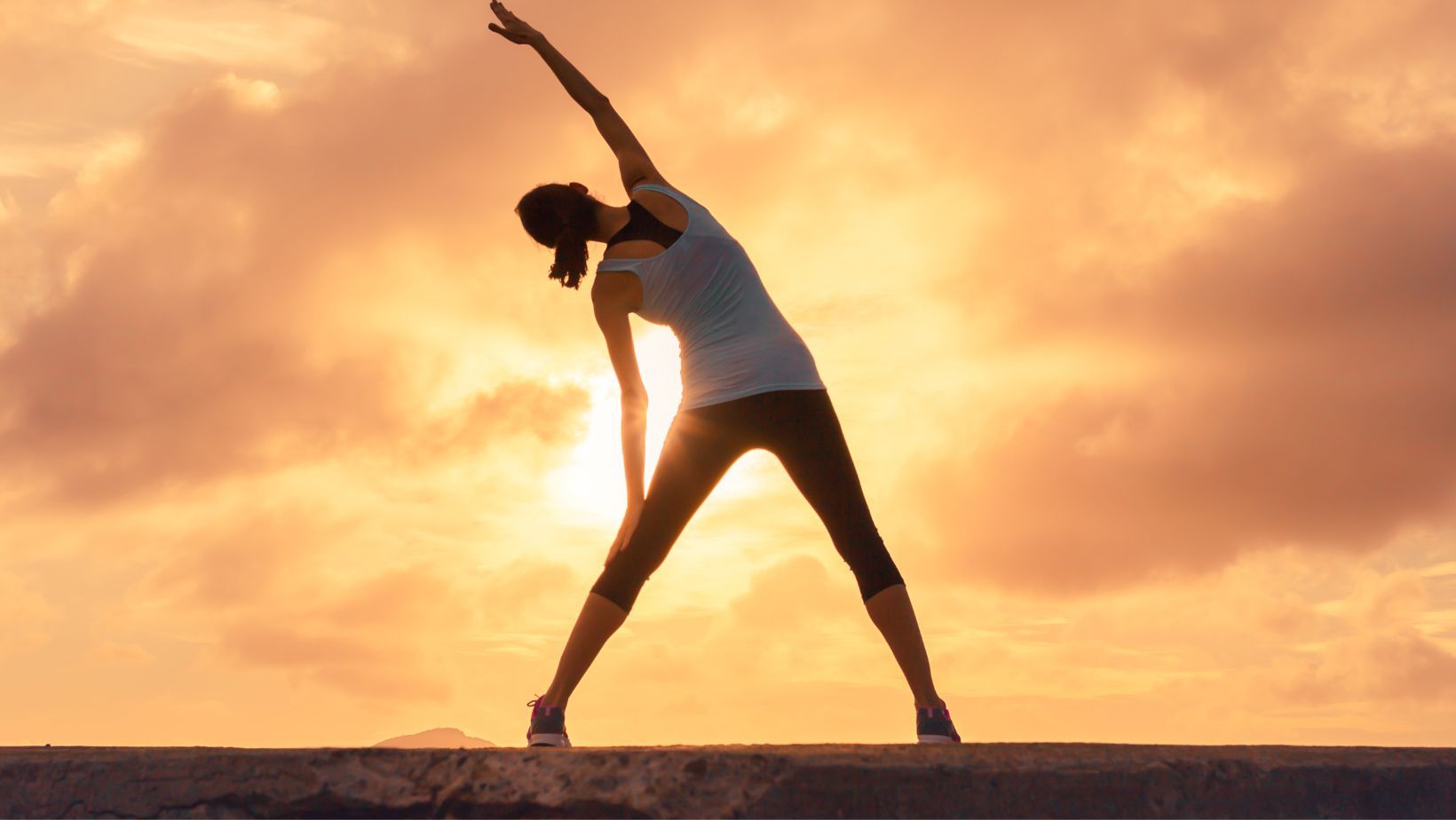The role of antioxidants in running and recovery.
When we run, our bodies undergo a range of physiological processes. One of these is the production of free radicals.
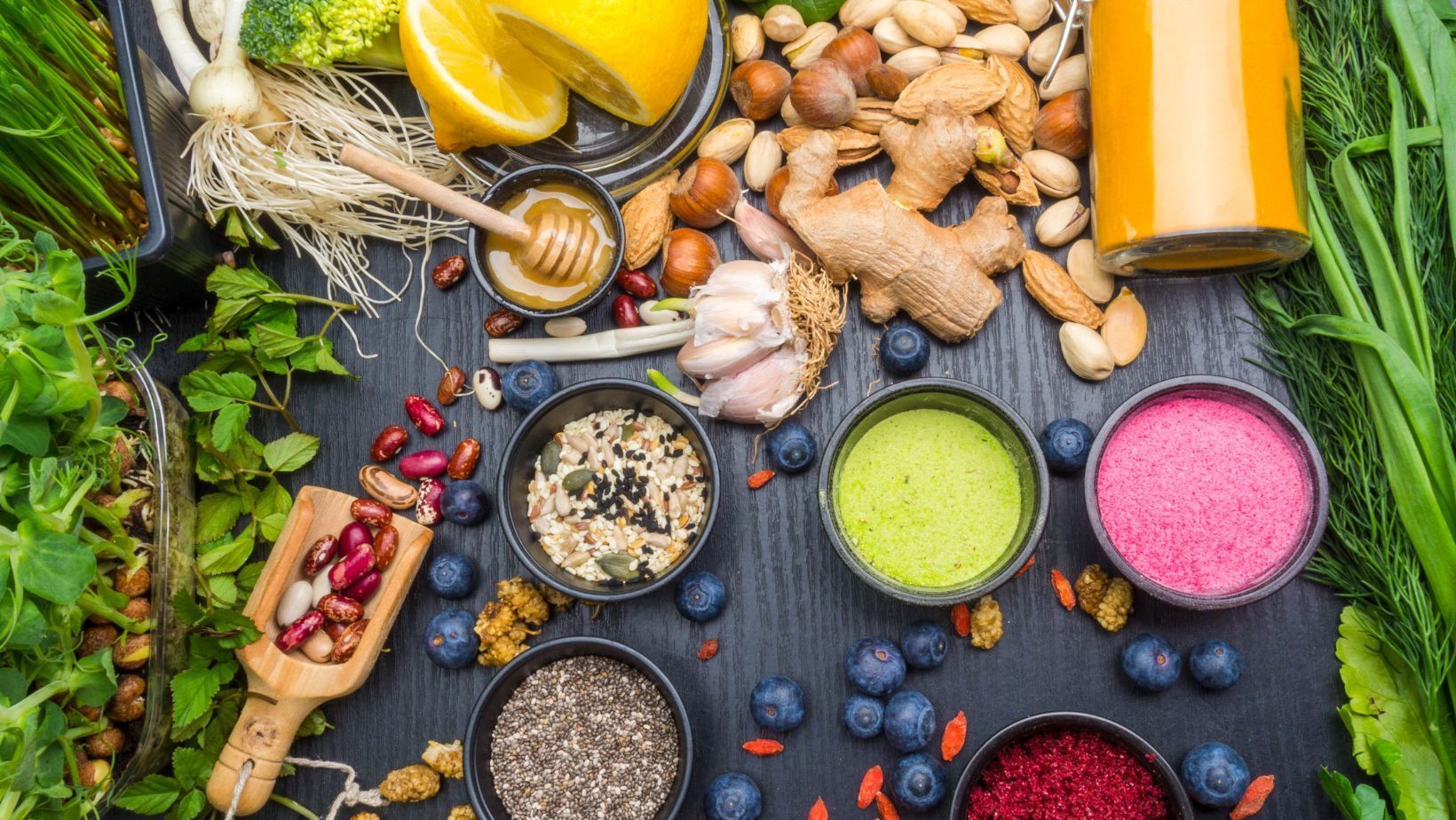
When we run, our bodies undergo a range of physiological processes. One of these is the production of free radicals, unstable molecules that can cause damage to cells in a process known as oxidative stress. This is a normal part of exercise, but if the balance of free radicals and antioxidants in the body is disturbed, it can lead to prolonged recovery times, reduced performance, and even injury. This is where the role of antioxidants comes into play.
Antioxidants are molecules that can neutralise free radicals, helping to prevent the damage they can cause. They are found in a variety of foods, especially fruits and vegetables, and also produced by the body. The most well-known antioxidants include vitamins C and E, beta-carotene, and selenium, but there are many others.
Research has shown that these antioxidants can play a significant role in exercise recovery. A study published in the Journal of the International Society of Sports Nutrition found that supplementation with vitamins C and E improved recovery in athletes following strenuous exercise. Another study in the Journal of Applied Physiology reported that an antioxidant-rich diet could help to reduce muscle damage and inflammation following exercise.
However, the relationship between antioxidants and exercise recovery is complex. While antioxidants can help to reduce the damage caused by free radicals, they are not a panacea. Some free radical activity is necessary for the body's adaptation to exercise, and excessive antioxidant supplementation could potentially blunt this beneficial effect.
Furthermore, while antioxidant supplements can be beneficial, they are not a substitute for a healthy diet. Antioxidants work best when consumed in food, where they are part of a complex network of nutrients that work together. Eating a diet rich in fruits and vegetables, whole grains, lean proteins, and healthy fats will provide a wide range of antioxidants and other nutrients essential for exercise recovery.
Exercise-induced oxidative stress can also be managed through proper training techniques. Gradually increasing the intensity and duration of run sessions allows the body to adapt to the increased oxidative stress. Rest and recovery are also crucial, as this is when much of the repair and adaptation processes occur.
The Role of Antioxidants in Exercise Performance
In addition to aiding in recovery, antioxidants may also play a role in enhancing exercise performance. By reducing oxidative stress, antioxidants can help to preserve the integrity of muscle cells, potentially leading to improved strength and endurance.
Research in this area is still emerging, but some studies suggest a potential benefit. For example, a study in the European Journal of Nutrition found that supplementation with the antioxidant quercetin could improve endurance performance in healthy individuals. Similarly, a study in the Journal of the International Society of Sports Nutrition reported that a combination of antioxidants and amino acids improved cycling performance.
However, it's important to note that not all studies have found a benefit, and the effects may vary depending on the type of antioxidant, the dose, and the individual's overall diet and training status. In some cases, antioxidant supplements may even impair performance, possibly by interfering with the body's natural adaptation to exercise.
In conclusion, antioxidants play a crucial role in exercise recovery by helping to neutralise the free radicals produced during exercise. However, their role is complex and they should be part of an holistic approach to exercise recovery that includes a balanced diet and proper training techniques. Given these complexities, it's important to take a balanced approach to antioxidant intake. Rather than relying on supplements, aim to consume a wide variety of antioxidant-rich foods as part of a balanced, nutrient-dense diet. This will provide a range of nutrients that work together to support your health and fitness. As always, it's important to consult with a healthcare provider or a sports nutritionist to determine the best approach to antioxidant intake for your individual needs and fitness goals.
